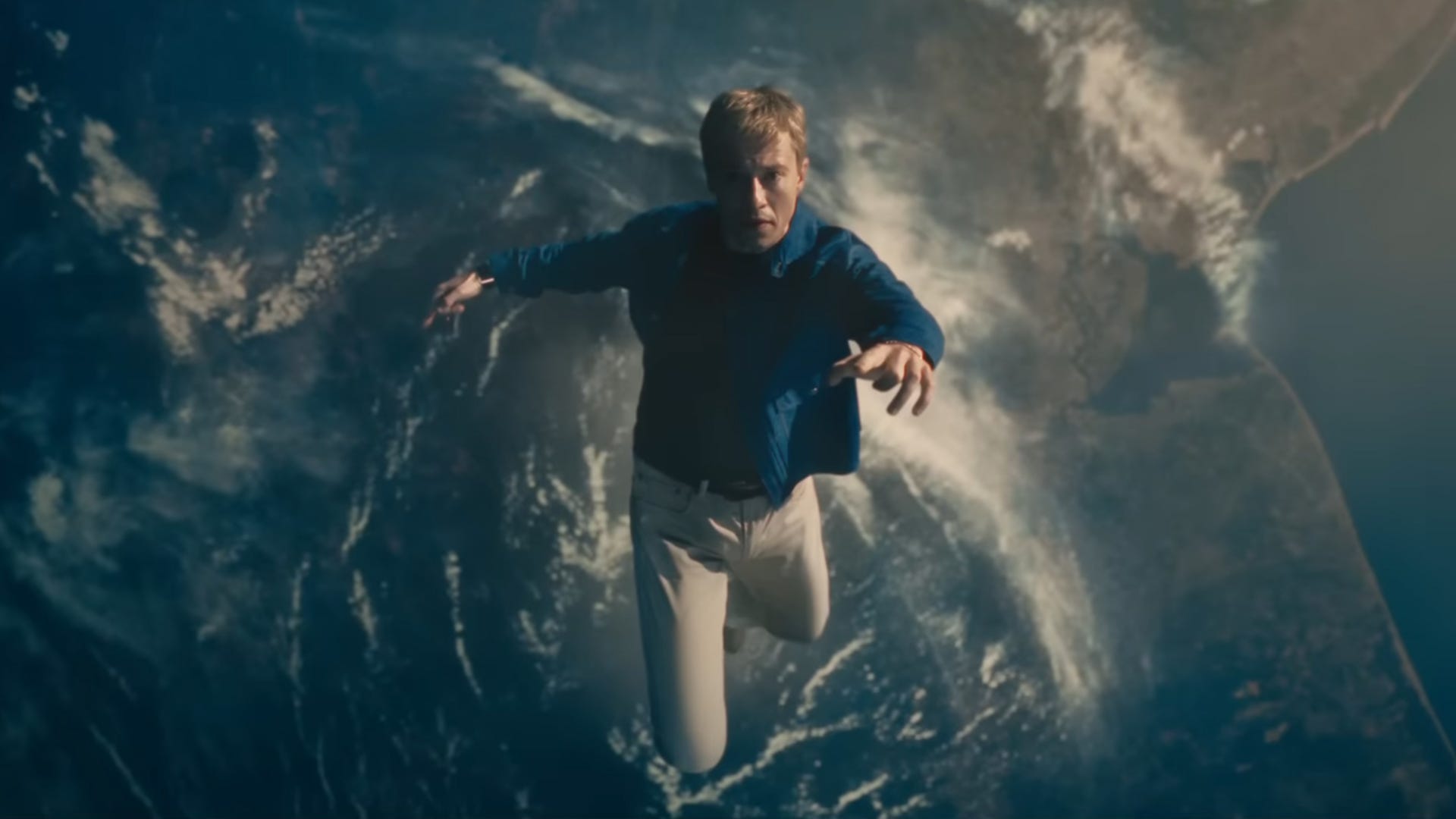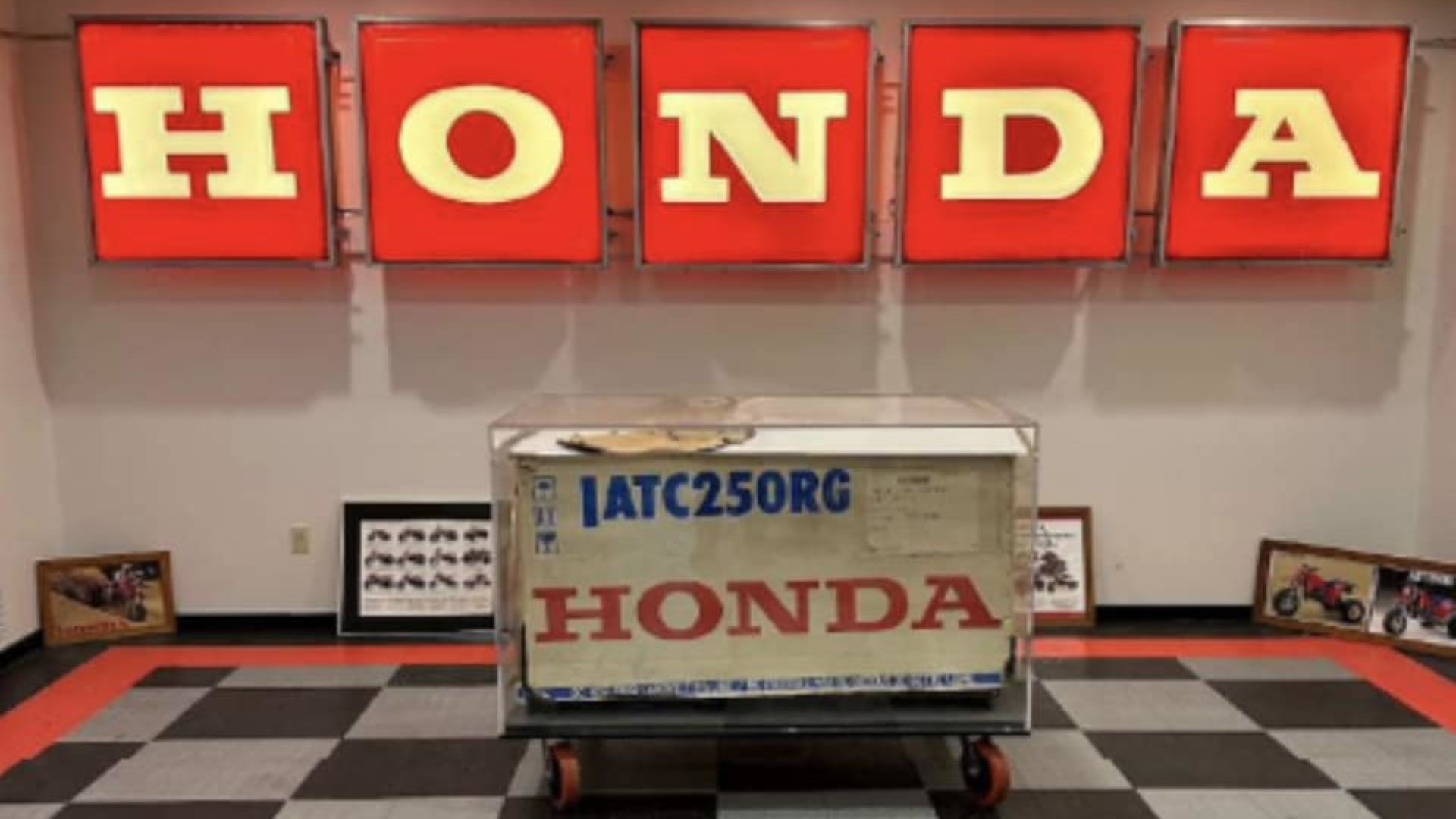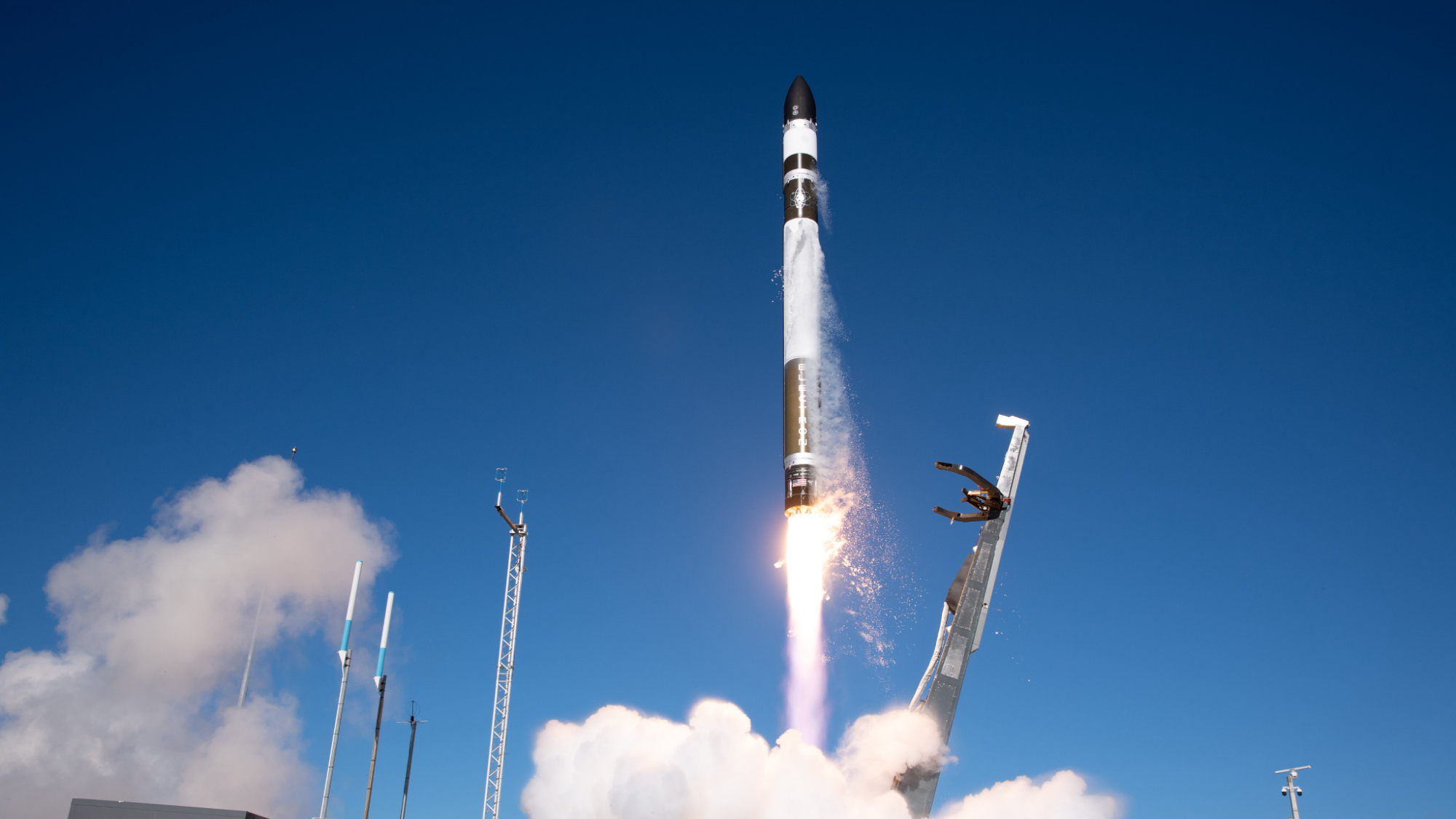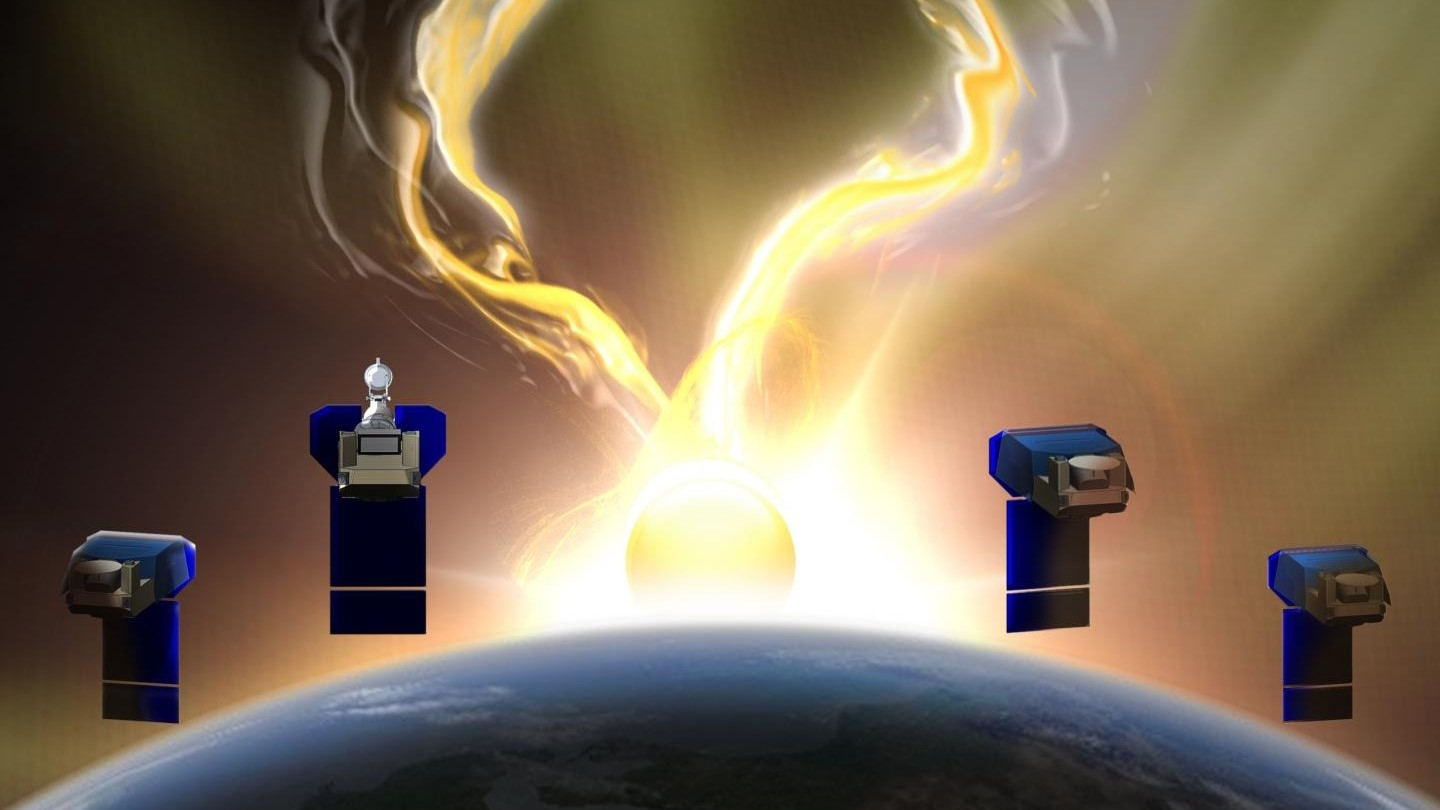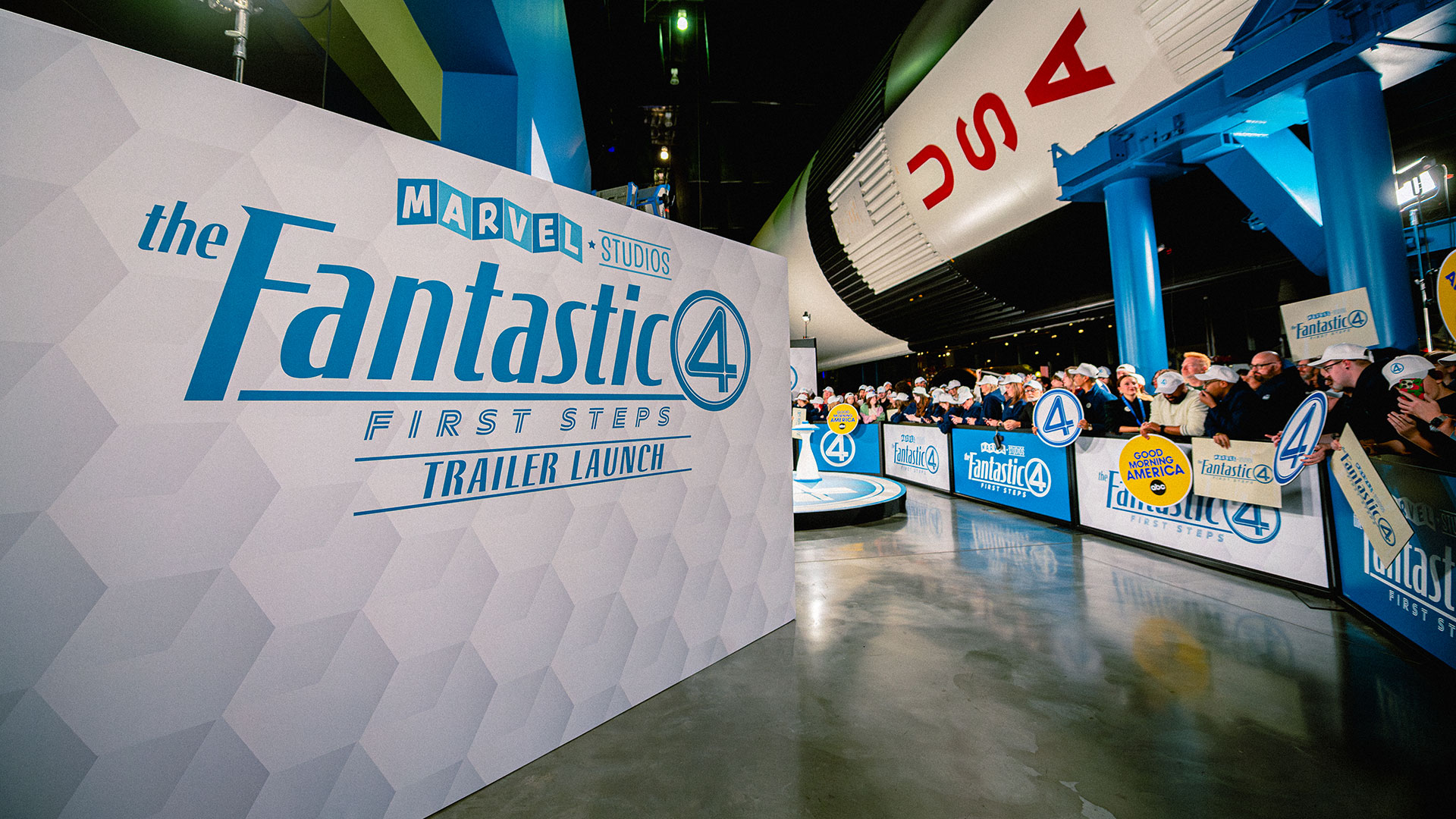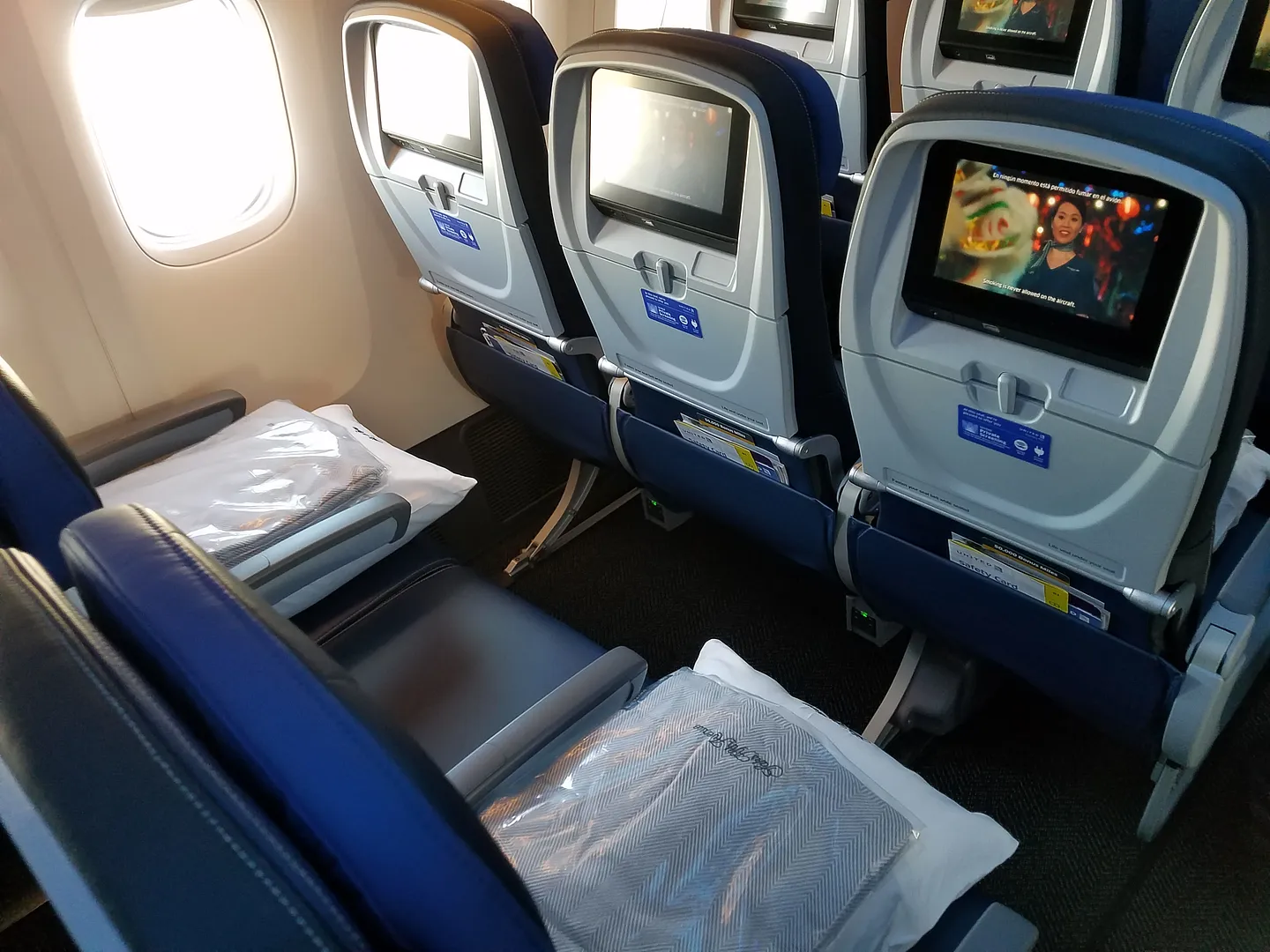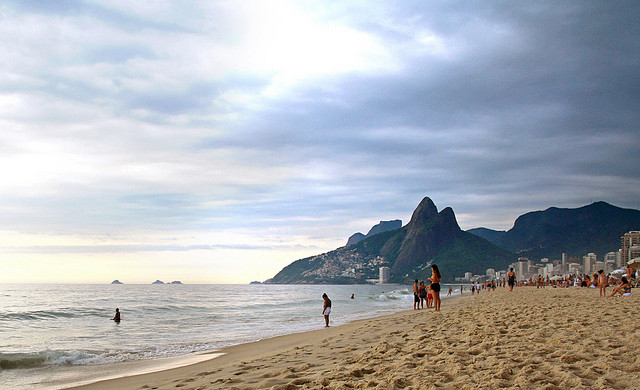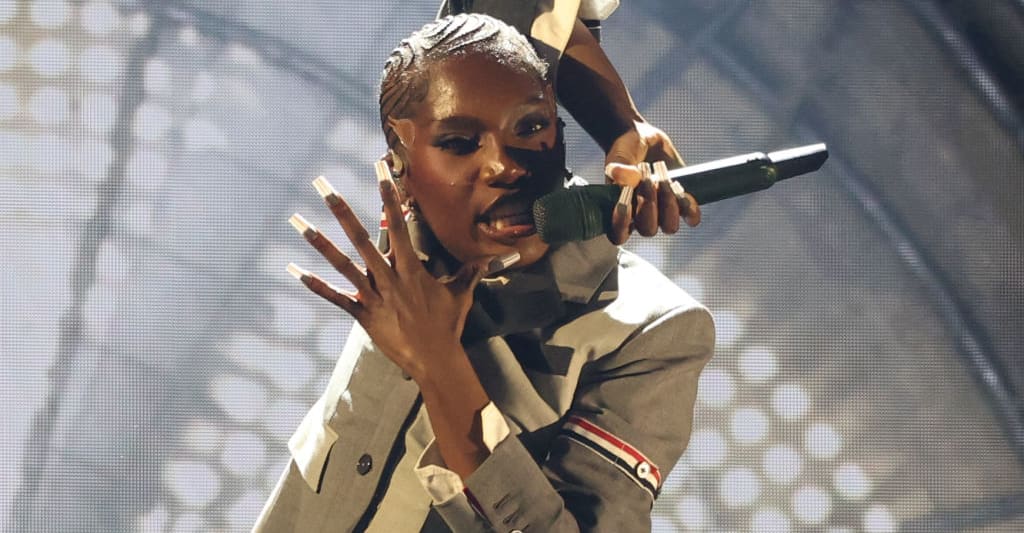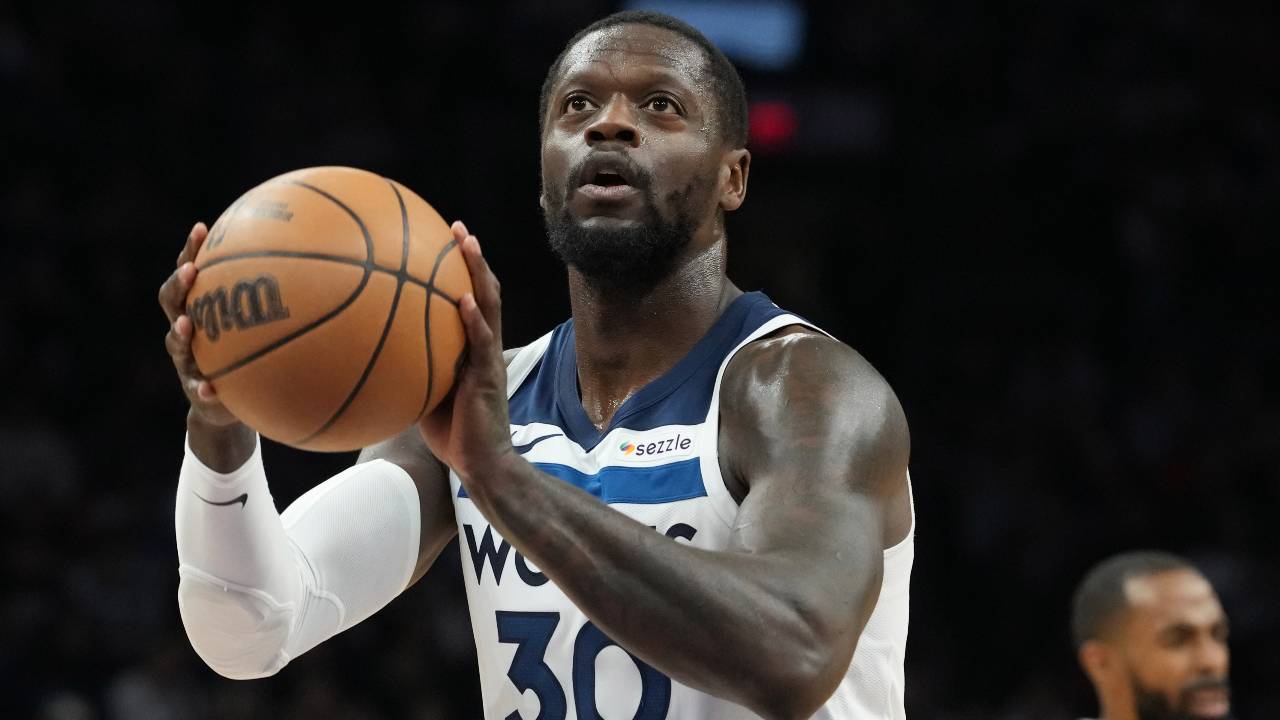In Ukraine, Trump and Kellogg must avoid the road to Yalta
Retired Army Lt. Gen. Keith Kellogg's plan to end the war in Ukraine is facing challenges as he is tasked with finding a negotiated solution in 100 days, with the Kremlin insisting on Ukraine's complete capitulation, which is a non-starter for Ukraine.

It is increasingly clear that retired Army Lt. Gen. Keith Kellogg does not yet have an overall plan to end the war in Ukraine — at least not one that President Trump is willing to support.
Secretary of State Marco Rubio told Megyn Kelly last Friday that the Trump administration believes the war has been fought to a “stalemate,” and that “it is not going to end with the maximalist goals of either" Russia or Ukraine.
Russian President Vladimir Putin disagrees. He remains dead-set on the total destruction of Ukraine and continues to insist on its absolute submission. His advisor, Nikolai Patrushev, went further: “It can’t be ruled out that Ukraine will cease to exist at all in the coming year.”
The Kremlin believes time is now on its side, especially now that Trump has tasked Kellogg with finding a negotiated solution in 100 days or less.
A quick negotiated solution means ending the war on Putin’s terms. Moscow is still demanding Ukraine's complete capitulation — territorial concessions, Ukrainian neutrality, and unilateral disarmament.
Putin is also insisting that Ukraine would have to “give up its pursuit of NATO membership” and accept “extensive limitations on the size of its armed forces and on the kinds of weapons systems it is allowed to possess.”
Each of these is a non-starter for Ukraine.
Essentially, Putin is demanding Kellogg embark on an ill-advised road to a modern-day Yalta Conference. Near the end of World War II, President Franklin Roosevelt and British Prime Minister Winston Churchill effectively conceded Eastern Europe at Yalta to Soviet leader Josef Stalin in exchange for Stalin agreeing to fight Japan. The result? Forty-three years of the Iron Curtain in Europe.
Kellogg needs to channel his inner Gen. George Patton and tell Trump that he is on a road to nowhere with Putin.
The Kremlin is betting on Trump being strategically distracted in the Indo-Pacific — as Roosevelt was at the end of World War II — and getting everything he wants in Eastern Europe and in the Caucasian nations of Armenia, Azerbaijan, and Georgia. Putin has made no secret about it.
Russia has repeatedly rejected the Kellogg proposal to freeze the war. Moscow will not accept the presence of European peace-keeping forces in Ukraine. And despite the Ukrainian Constitution saying otherwise, Putin considers Zelensky an illegitimate leader, since his presidential term expired last year. As a consequence, he will not negotiate directly with him.
It is therefore ill-advised for Kellogg to urge Ukraine to hold elections after any ceasefire. Moscow is performing poorly on the battlefield but excels at election interference. Recent elections in Moldova, Georgia and Romania are highly dispositive, a foreshadowing of what would come.
Meanwhile, Putin is continuing his assault on Ukraine.
Over the weekend, Russia launched ballistic missiles on Odesa’s historic city center, a UNESCO designated World Heritage site. Multiple historic buildings were damaged and seven people were injured. Norwegian diplomats visiting the city narrowly escaped the strikes. In March 2024, Greek Prime Minister Kyriakos Mitsotakis also avoided a missile strike in Odesa within 500 meters of his convoy.
Kellogg, for now, is struggling to set conditions for any meaningful negotiations. Putin is clearly waiting for a face-to-face meeting with Trump in what he hopes becomes a second Yalta-like conference.
Wittingly or not, Kellogg is trapped in a Monty Hall-like "Let’s Make a Deal" modus operandi of his own making — as opposed to a more forceful "this is what you are going to do" approach to Putin and his cronies in the Kremlin. This peace deal is more in the short-term interests of the U.S. and not the victim — Ukraine.
Presently, Kellogg has no negotiating leverage. There are signs that may change. On Monday, Trump announced that he wants Ukraine to repay the U.S. with rare earth minerals valued at “close to $300 billion.” Kellogg would be wise to remind Trump that parts of the illegally Russian-occupied Donbas are rich in natural resources.
Indeed, the Donbas “harbors some of the world’s largest reserves of titanium and iron ore, fields of untapped lithium and massive deposits of coal. Collectively, they are worth tens of trillions of dollars.”
So Ukraine is more than capable of paying its way forward. It is time Kellogg reminded Putin of that reality.
But Putin will only get that message to the extent that his nose is bloodied on the battlefield. He survived Biden’s "just enough" war in Ukraine, and now he believes he can outlast Trump.
Kellogg can disabuse Putin of that notion by empowering the Armed Forces of Ukraine to take the fight to the Russians, and to do so now.
Russia has been severely militarily weakened. After nearly three years of war, Putin has suffered an estimated 841,660 casualties — 48,240 in January alone — and combined tens of thousands of tanks, armored fighting vehicles, artillery systems, multiple rocket launch systems, aircraft, helicopters, warships, and vehicles.
The only way for Kellogg to create decisive negotiating leverage and stop the killing in Ukraine is to defeat Russia and drive it out of the country. That involves the use of all the instruments on national power: diplomatic, information, military and economy, or DIME.
New sanctions, coordinating with OPEC to drive down the cost of oil, and targeting shadow fleets alone will not bring Putin to the negotiation table. The hammer — the punch to the face — must come from the military instrument of national power. While Ukraine is effectively targeting oil refineries, they must take pressure off their front-line units in the close fight, and that requires interdiction.
This entails targeting Russian, North Korean and Chechen forces, their equipment, weapons, ammunition, fuel, supplies in Russia before they enter Ukraine. It means targeting them in their assembly areas, at the seaports, airports, and railheads, ammunition storage areas and fuel depots. Only when Putin feels threatened with the loss of his army will he come to the negotiation table — sanctions will not do that.
Putin will negotiate with Kellogg, but only when he is made to realize he has truly lost on the battlefields of Ukraine.
Anything less, and it is likely Yalta 2.0 whenever Putin and Trump meet. And a new Iron Curtain will fall.
Col. (Ret.) Jonathan Sweet served 30 years as a military intelligence officer. Mark Toth writes on national security and foreign policy.
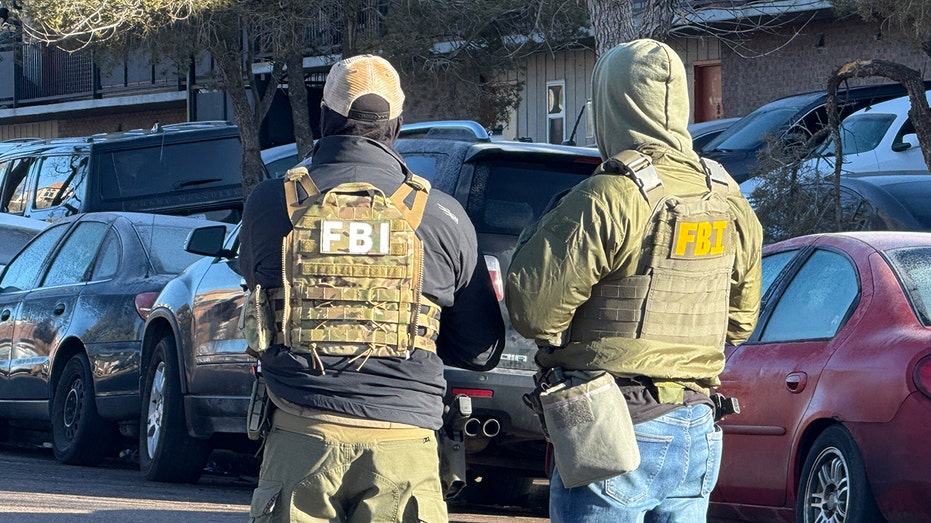
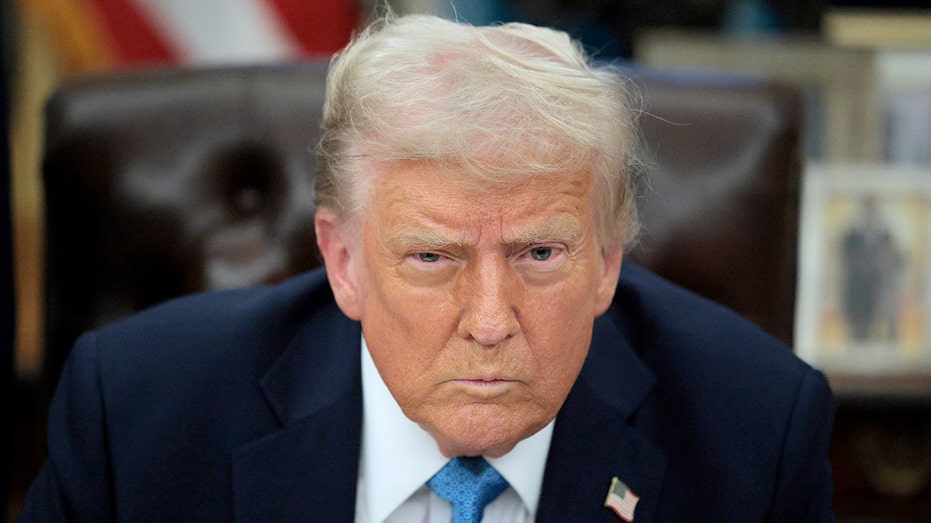















_Agata_Gładykowska_Alamy.jpg?#)



